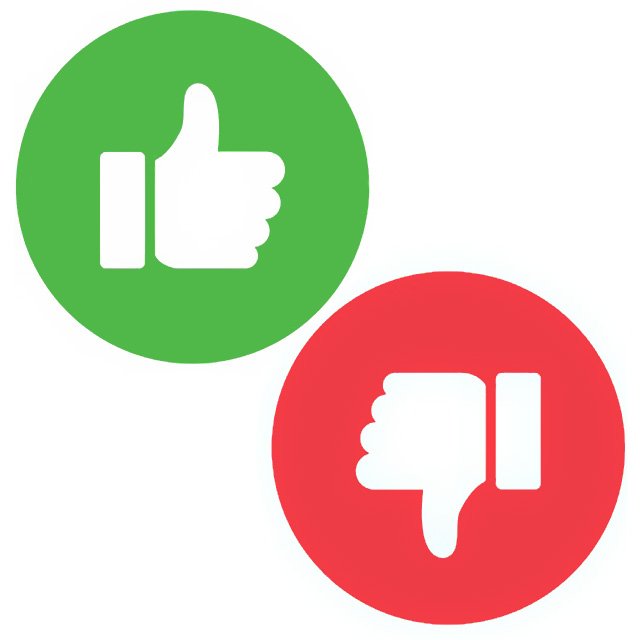Debate: Should Employers Be Required to Offer Roth Accounts to Some Workers?

The “Secure Act 2.0” legislation that passed the House a few weeks ago contains a provision that would require employers to offer Roth accounts in some situations. Under the law, all catch-up contributions made to retirement accounts (for taxpayers 50 or older) would have to be Roth contributions.
Roth contributions, which are made with after-tax dollars, don’t offer employees a current-year tax reduction, but do create a source of tax-free revenue in the future. The law would also allow SIMPLE IRAs to accept Roth contributions and would similarly allow employees to treat both employer and employee contributions to SEP-IRAs as Roth contributions.
We asked two professors and authors of ALM’s Tax Facts with opposing political viewpoints to share their opinions about the “Rothification” of catch-up contributions under Secure Act 2.0.
Below is a summary of the debate that ensued between the two professors.
Their Votes:
Bloink

Byrnes
Their Reasons:
Bloink: Many taxpayers currently don’t have access to a Roth savings option. Because of that, many employees don’t even understand the benefits of diversifying their retirement savings and instead focus solely on the upfront tax break offered by traditional retirement accounts. This new rule would push more taxpayers to diversify and create a tax-free stream of income in retirement, even if it’s a smaller pool of funds for most clients who contribute only the catch-up to the Roth account.
Byrnes: Many employers don’t offer a Roth option because the issue is just too complex for employers to be responsible for managing it. For most employees, a pretax contribution is the most beneficial option — and many don’t even max out their pretax contributions. This makes offering a retirement plan even more complicated and burdensome for smaller businesses that may be reluctant to add to their administrative burden.
____




